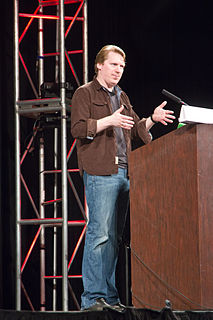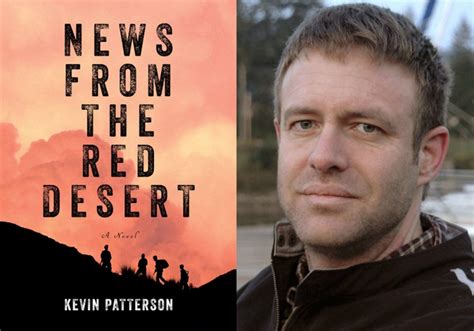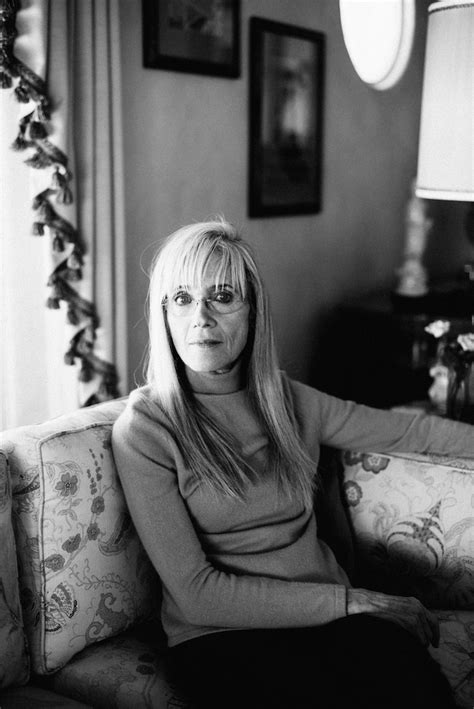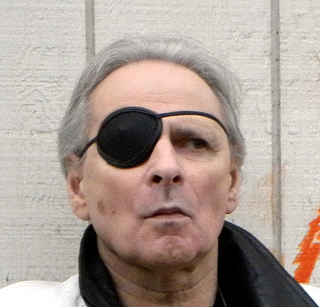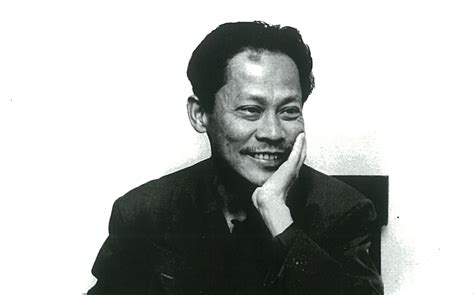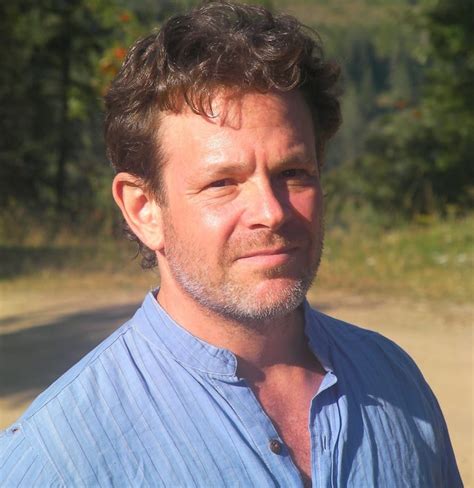Top 1200 Social Change Quotes & Sayings
Explore popular Social Change quotes.
Last updated on April 15, 2025.
I've worked in the Inuit hamlets of the west coast of Hudson Bay since 1994. Over that time I've been very moved by both the pace of social change there - the loss of traditional ways of seeing the world, the affinity for and comfort with the land - and by the social disarray that change of this pace produces.
Balance and control come from healthy anger. This is just as aggressive as the unhealthy kind. But it is based on a belief and hope for change in social roles and institutions. Healthy anger demands change and creates the confrontations needed for change to occur. It also gives the other an opportunity to help make that change. “Our task, of course, is to transmute the anger that is affliction into the anger that is determination to bring about change. I think, in fact, that one could give that as a definition of revolution.
Change is difficult and it takes time. It is hard for people to change their own behavior, much less that of others. Change programs normally address attitudes, ideas, and rewards. But the behaviors of people in organizations are also strongly shaped by habits, routines, and social norms. Real change requires new power relationships, new work routines and new habits, not just intent.
The old battle between Christian Democrats and Social Democrats is now meaningless, not least because the social structures that underlay those parties, the church and the unions, have faded away. Nationalists and populists understood this change earlier; now the rest of the political world needs to understand that the political lines have been redrawn and it's time to change.
In what touches their social convictions, most persons do not think. The threat of change, with all it suggests to them in the loss of social and economic privilege, alarms so deeply that they are incapable of unprejudiced thought. They seem to themselves to be thinking, with lucidity and fairness, but since they start from the conviction that change must undoubtedly be for the worse or from settled grief at the thought of losing what is old and lovely, they are doing no more than following a logical sequence of ideas from a false premise.
Now culture being a social product, I firmly believe that any work of art should have a social function to beautify, to glorify, to dignify man... Since any social system is forced to change to another by concrete economic forces, its art changes also to be recharged, reshaped, and revitalized by the new conditions... The making of a genuine artist or writer is not mysterious. It is not
the work of Divine Providence. Social conditions, history, and the people's struggle are the factors behind it.
My generation was going to change the direction America took. I was completely convinced that we would have a very different kind of society as a result of the protests that I was part of, and I think that's partially true. We obviously never really got to what many of my generation believed was possible, but the amount of change I've seen in my lifetime, both social change and political change, is staggering. I think my generation can take a little bit of credit for that by just opening up the conversation.
In my estimation, there should always be a mixture of economic liberalism - which means small government, a great emphasis on markets - but also a certain degree of social conservatism, not to favor change unless that change is beneficial. So I describe myself as an economic liberal and a social conservative.
Today, blacks are no longer the litmus paper or the barometer of social change. Blacks are in every segment of society and there are laws that help to protect them from racial discrimination. The new ‘niggers’ are gays. It is in this sense that gay people are the new barometer for social change. The question of social change should be framed with the most vulnerable group in mind: gay people.
Social movements throughout history take place in people's minds. If we got 5,000 Americans who were talking about climate change to their neighbors and to their coworkers, and talking about this pledge, that would change the political and social landscape so much more than if 5,000 people got arrested for protesting a pipeline.
The dominant, almost general, idea of revolution - particularly the Socialist idea - is that revolution is a violent change of social conditions through which one social class, the working class, becomes dominant over another class, the capitalist class. It is the conception of a purely physical change, and as such it involves only political scene shifting and institutional rearrangements
There's never been a pandemic which hasn't exploited a change in the way we live - politics, social structure, technological change, warfare, it's always something that we humans have done or are doing that's tilled the soil for the pandemic and the solution to it is usually social, behavioural and political.
I'm against ObamaCare, which is imposing radical change, and I would be against a conservative imposing radical change.... I don't think right-wing social engineering is any more desirable than left-wing social engineering... I don't think imposing radical change from the right or the left is a very good way for a free society to operate.
When your focus is social change and not financial change why wouldn't you want to share that openly? Innovation only succeeds when it's shared. If you're a pioneer and you come up with something that can change the world and you turn round and say 'I'm not going to share this idea with anyone' then you only impact the few and not the many.
Films can't change the society, they can simply open the space for the discussion which can lead to social change and can start new forms of social activism. I feel formally that I've scratched the surface of something very important about the nature of nonfiction film, about what we're very rarely honest about: When you film anybody, they start performing.
Wherever we are, we can call for and create these kinds of settings for authentic dialogue. This is the seedbed of social change. In a voiced community, we all flourish. But it's not easy. Revolutionary patience and persistence is required. It can be messy, it is unpredictable, and change, especially structural change takes time - time and leadership and the will of an engaged community. What is needed? In a word, courage.
